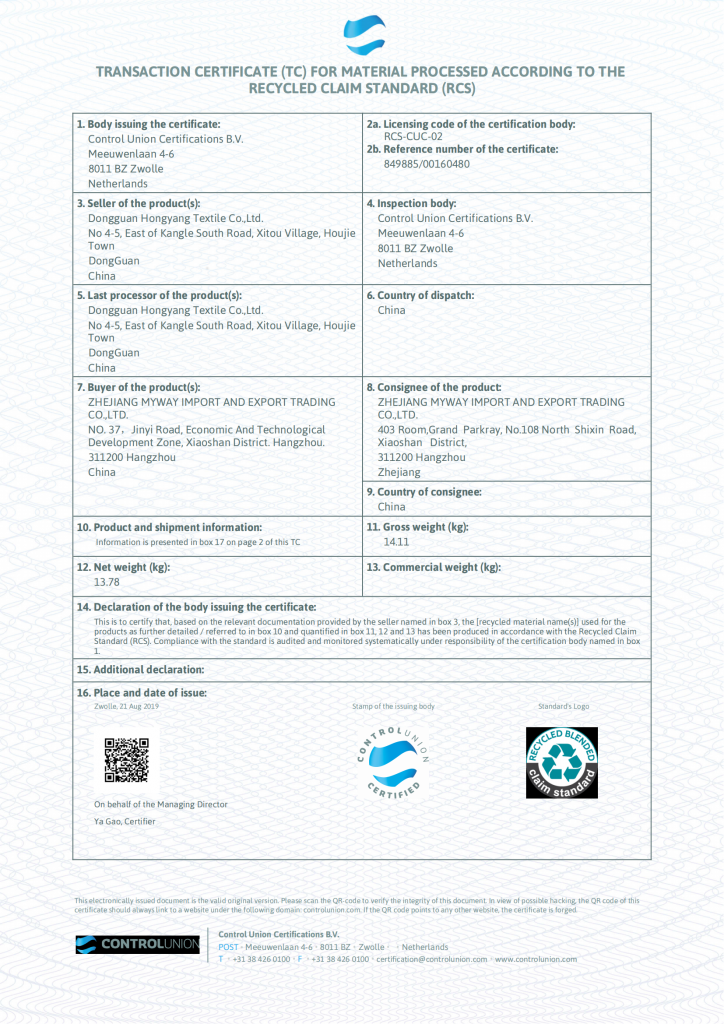Sustainable footwear is about responsibly sourcing and producing materials with minimal environmental impact and prioritizing the well-being of workers in the supply chain.
Here are some examples of sustainable shoe materials:
1.Organic cotton: Organic cotton is grown without the use of harmful pesticides or synthetic fertilizers, reducing the environmental impact of traditional cotton production.
2.Hemp: Hemp is a versatile and durable fiber that requires fewer resources (such as water and pesticides) to grow than other crops.
3.Recycled materials: Using recycled materials, such as recycled polyester or plastic bottles, helps reduce waste and reduces the need for virgin resources.
4.Cork: Cork is a natural, renewable material harvested from the bark of cork oak trees. It is biodegradable, lightweight and has natural cushioning properties.
5.Piñatex: Piñatex is a plant-based textile made from pineapple leaves (a by-product of the pineapple industry). It provides a sustainable alternative to leather and reduces waste.
6.Recycled Rubber: Recycled rubber is made from used tires or other rubber waste, diverting these materials from landfills and reducing the need for new rubber production.
7.Jute: Jute is a plant fiber that is biodegradable and requires less pesticides and fertilizers than other plants. It is often used in shoe soles or as reinforcement.
8.Tencel/Lyocell: Tencel, also known as Lyocell, is a cellulosic fiber made from sustainably harvested wood pulp. It has a lower environmental impact and is often used as a vegan alternative to leather.
9.Pine wood: Sustainable footwear brands may use FSC-certified pine wood for insoles or shoe components. FSC certification ensures that wood is responsibly sourced from well-managed forests.
10.Sustainably Harvested Leather: While leather production has a significant impact on the environment, ensuring that the leather is a by-product of the meat industry and using sustainable practices such as vegetable tanning methods can minimize these impacts.
These are just a few examples of sustainable shoe materials,
MYWAY footwear factory are constantly exploring innovative alternatives to traditional materials.
As an accountable enterprise, we uphold respect towards human rights and planetary well-being. At MYWAY, we understand that our obligations lie within the hands of individuals possessing the capacity to instigate transformational change. We collaborate with visionaries, promoters of harmony, agents of transformation, and families. Our procurement expertise empowers us to identify pioneering, sustainable materials including bio-derived, vegan, naturally procured, organic, post-consumer waste soles, and eco-friendly emissions alternatives. Sustaining our environment lies at the heart of our mission, with sustainability superseding profitability. We pledge allegiance to a restorative and regenerative fashion sector that fosters a circular economic model.
Our commitment extends to tracking materials throughout the supply chain to guarantee responsible environmental stewardship. These standards encompass the Recycled Claim Standard, the Organic Content Standards, among others.




